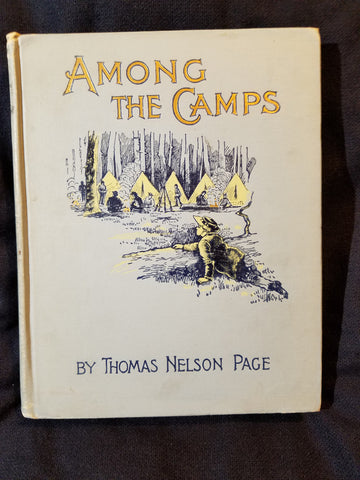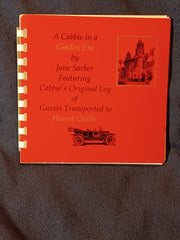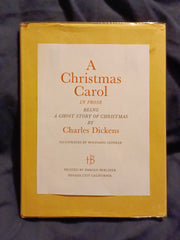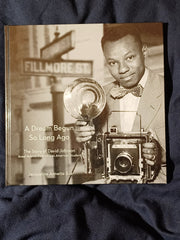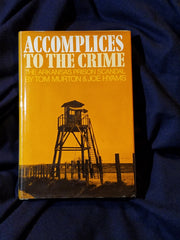Among the Camps by Thomas Nelson Page. INSCRIBED BY PAGE
Among the Camps by Thomas Nelson Page. INSCRIBED BY PAGE, "With respectful compliments/ of the Author,/ ThosNelksonPage/ (Can't quite read)/Santa Barbara, Calif./ Feb 451920" on the half-title page. Charles Scribner's Sons (publisher) 1918. Illustrated front cover and spine. Gilt lettering on front cover is bright and unfaded, and on spine is somewhat faded, but still quite legible. Covers show some wear to the edges, mostly to the top and bottom of the spine. Otherwise, no previous owner markings. No tears, folds or creases to pages. Binding is tight with no looseness to pages. Not ex-library, not remaindered and not a facsimile reprint. For sale by Jon Wobber, bookseller since 1978. DD05b
"Thomas Nelson Page (April 23, 1853 – November 1, 1922) was a lawyer and American writer.[1] He also served as the U.S. ambassador to Italy under the administration of President Woodrow Wilson during World War I.
Born at Oakland, one of the Nelson family plantations, in the village of Beaverdam in Hanover County, Virginia to John Page, a lawyer and a plantation owner, and Elizabeth Burwell (Nelson).[2] He was a scion of the prominent Nelson and Page families, each First Families of Virginia. Although he was from once-wealthy lineage, after the American Civil War, which began when he was only 8 years old, his parents and their relatives were largely impoverished during Reconstruction and his teenage years. In 1869, he entered Washington College, known now as Washington and Lee University, in Lexington, Virginia when Robert E. Lee was president of the college. In Page's later literary works, Robert E. Lee would come to serve as the model figure of Southern Heroism.
Page popularized the plantation tradition genre of Southern writing, which told of an idealized version of life before the Civil War, with contented slaves working for beloved masters and their families. He based much of his writing on his personal experience living on a plantation in the Antebellum South. Page viewed the Antebellum South as a representation of moral purity, and often vilified the reforms of the Gilded Age as a sign of moral decline." Wikipedia
"This sequel to Two Little Confederates followed the first book when originally serialized in the Harpers Young People Magazine of 1888. More exciting tales of children caught up in the tragic difficulties and dangers of the War Between The States." Graceandtruthbooks.com
"Thomas Nelson Page (April 23, 1853 – November 1, 1922) was a lawyer and American writer.[1] He also served as the U.S. ambassador to Italy under the administration of President Woodrow Wilson during World War I.
Born at Oakland, one of the Nelson family plantations, in the village of Beaverdam in Hanover County, Virginia to John Page, a lawyer and a plantation owner, and Elizabeth Burwell (Nelson).[2] He was a scion of the prominent Nelson and Page families, each First Families of Virginia. Although he was from once-wealthy lineage, after the American Civil War, which began when he was only 8 years old, his parents and their relatives were largely impoverished during Reconstruction and his teenage years. In 1869, he entered Washington College, known now as Washington and Lee University, in Lexington, Virginia when Robert E. Lee was president of the college. In Page's later literary works, Robert E. Lee would come to serve as the model figure of Southern Heroism.
Page popularized the plantation tradition genre of Southern writing, which told of an idealized version of life before the Civil War, with contented slaves working for beloved masters and their families. He based much of his writing on his personal experience living on a plantation in the Antebellum South. Page viewed the Antebellum South as a representation of moral purity, and often vilified the reforms of the Gilded Age as a sign of moral decline." Wikipedia
"This sequel to Two Little Confederates followed the first book when originally serialized in the Harpers Young People Magazine of 1888. More exciting tales of children caught up in the tragic difficulties and dangers of the War Between The States." Graceandtruthbooks.com


